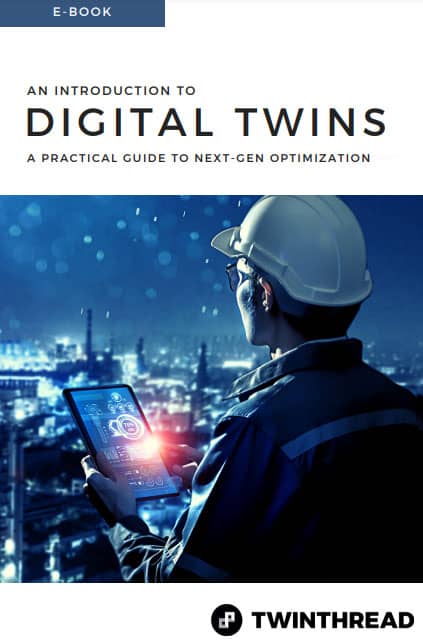Companies struggle to find workers at all levels to replace those leaving while continuing to meet growth objectives. New workers are less skilled when they join and require training and time to build the necessary skill sets. Workers are also less prepared to go ‘to’ work or travel as they once did. Even in situations where skills exist, applying the skill in location A to the problem in location B is difficult.
Failing to address this skills gap leaves the fate of billions of dollars of equipment assets - furnaces, rolling machines, conveyors, blood machines, batteries, trucks, and so on, in the hands of a stressed-out, inexperienced workforce. Companies are already experiencing reductions in equipment uptime and lifespan and increases in repair and replacement costs. These declines are expected to accelerate as the Great Resignation and Quiet Quitting trends continue.
How are industrial companies addressing this challenge? Already, a number of innovative businesses have recognized the need for change - that technologies, those that embrace existing systems and add intelligence to them, can be an integral part of equipment running optimally, allowing a workforce reduced in numbers and experience to run plant and field-based equipment at unprecedented performance levels without further burnout.
How will this work?
- Regardless of location, experienced workers will apply their expertise directly to continuous innovation and improvement related to their equipment assets and to helping more junior teams globally through a ‘Virtual Center of Excellence (VCOE)’, allowing them the same access as if the machine or the junior were physically in front of them.
- Equipment will be self-healing - able to diagnose and fix itself without outside intervention.
- Equipment will note opportunities for future versions to be made better - sending this information directly back to the development organizations of its manufacturers.
- The technology supporting the VCOE will be decoupled - allowing existing investments to co-exist seamlessly with the new.
- Rather than an expensive upfront investment tied to long-term payback, the journey to this land of autonomy will be accomplished in phases, each delivering its unique value. Those phases will adapt flexibly to each customer’s needs.
This may seem like strange, future science. It’s not. It’s here today, and leading-edge equipment makers, manufacturers, and service providers are taking advantage of the opportunity, making them more profitable than ever before.
Read about how one of our customers uses a Virtual Center of Excellence powered by TwinThread to support millions of sensors.

September 12, 2022
Sheila’s management philosophy produces results. By enforcing “just the right” amount of infrastructure, she enables teams to work towards the ultimate, shared goal of the highest quality customer experience.
She’s a proud graduate of Boston College (Business and Computer Science) and Babson (MBA 2019), a native New Yorker, and a fierce advocate for women in tech.
